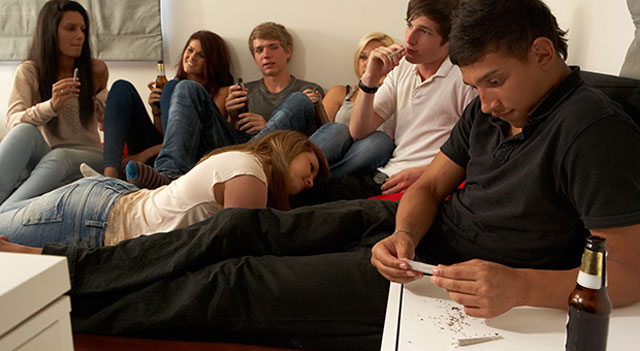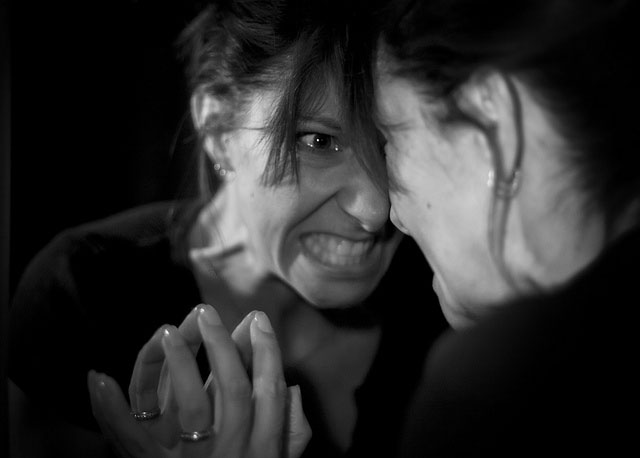How Rehab for Women Actually Works
Addiction and mental illness have a very strong presence in our society yet few people want to talk about it. Part of that stems from lack of information; many people simply don’t understand the science behind these illnesses. Others fear the stigma around addiction; parents can feel like failures if their child has a substance abuse problem and they conceal it from anyone else.
But how can we help heal people with addiction and mental health problems if we can’t look at these issues head on, talk about them, and treat them like the illnesses they are?
Women are especially subjected to the stigmatization of addiction. Our society generally sees women as the protectors and the nurturers, and when it becomes apparent they have a problem, in many cases they’re treated with less compassion than their male counterparts.
Treatment programs designed for women have had great success in the last several years and these are just of the illnesses treated in these facilities and how it’s done.
Substance Abuse
Substance abuse is on the rise, especially that of prescription opioids and heroin. This is a difficult case to treat and needs to take place in a women’s drug rehab facility. Patients are often medicated to help their bodies through the physical withdrawal then these medications are slowly cut back.

Talk therapy is also a large component of a treatment plan for opioid addicted patients. The body’s addiction can be halted with medication but the brain still seeks that satisfaction from its pleasure center. Talk therapy can help and in some cases additional medication can be prescribed. Ideally this should take place in a residential treatment facility for a minimum of 30 days.
Mental Illness
Depression, anxiety, bipolar disorder, and many other mental illnesses plague millions of people and the majority of these tend to be women. As with substance abuse, many women try to hide their symptoms out of the feeling that they need to take care of others before they take care of themselves. This can lead to a delay in seeking treatment and symptoms can get worse.

In some cases these disorders can be managed by a woman’s personal physician but in other cases inpatient treatment is the best option. Many of the best rehab centers now incorporate a combination of Western and Eastern medical philosophies and the combination is showing excellent results.
Equine therapy, nutritional therapy, exercise programs, and specialized bodywork combined with medication can help women with mental illnesses begin to feel like themselves again.
Anorexia and Bulimia
While classified in the DSM as mental illnesses, anorexia and bulimia are very different from depression, anxiety, and addiction, even though the patient may suffer from these conditions as well. This is why anorexia and bulimia are treated differently and often have their own specialized inpatient care centers.

Not only does highly trained staff need to immediately address the patient’s physical needs, some of which can be life threatening, but other staff needs to develop a mental health treatment plan to accompany the physical one. It’s not as simple as getting someone to eat or to stop binging and purging. There is an illness at work here and competent medical practitioners in a safe and stable environment need to work together to give their patients the best chance at recovery.
Ending the Stigma
Ending the stigma surrounding addiction and mental illness needs to be a priority. If people who are close to the patient can’t even acknowledge that their loved one has a problem, how can any of them ever expect to heal? Getting a patient in the right hands is the first priority but this also leaves a reeling family behind.
Part of ending the stigma is with family therapy. Each family member is going to have their own strong feelings about the patient and the situation, and these need to be worked through with the help of a therapist, oftentimes at the same facility where the patient is receiving treatment. This allows for not only individual family counseling but group counseling in a family safe environment, which is vital to the success of the treatment.
If you or someone you love has an addiction problem or is suffering from mental illness, don’t wait. End the stigma, reach out to a rehab center, and start healing.